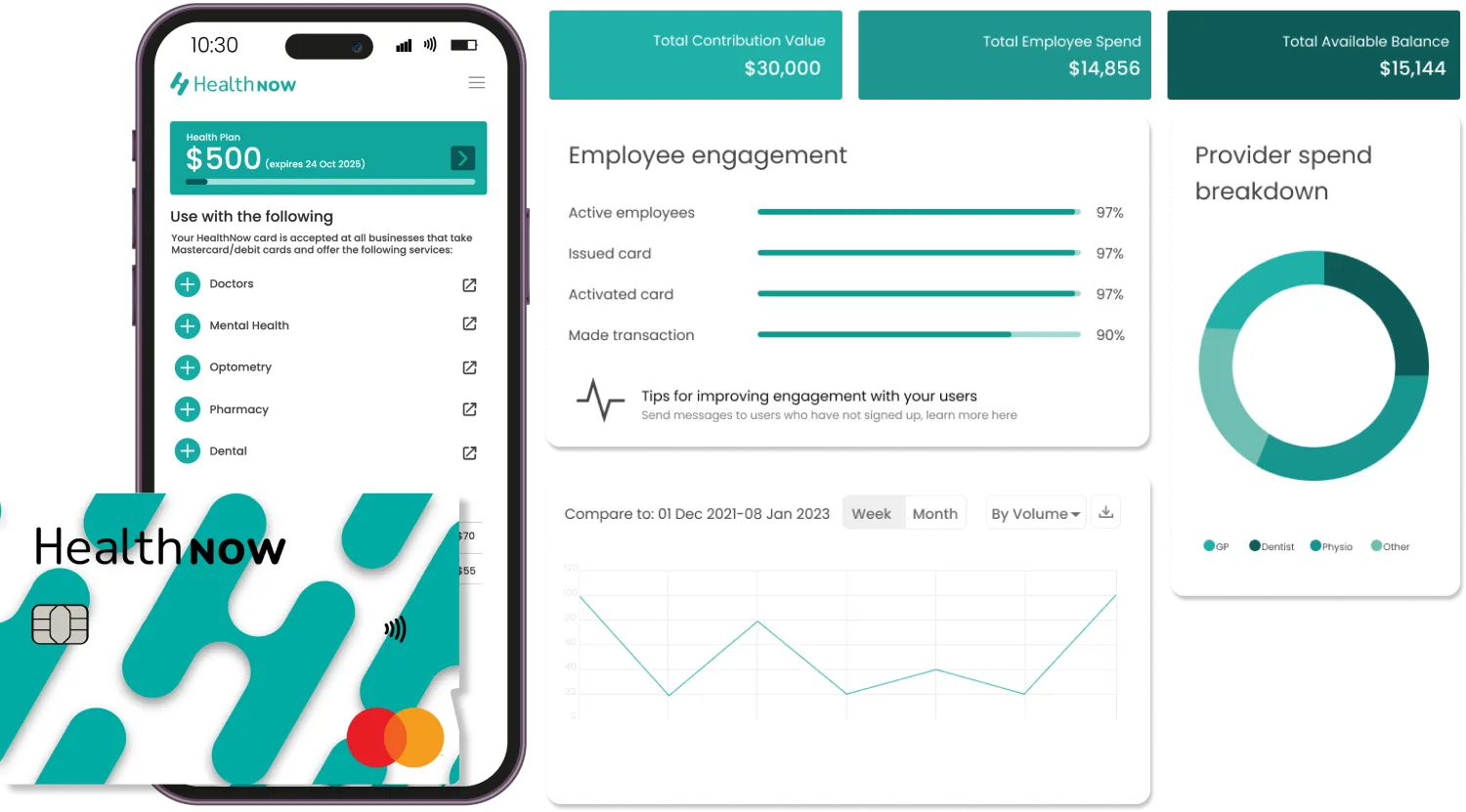Best known as pink eye, conjunctivitis is an uncomfortable and irritating condition that can lead to sticky, itchy, swollen or even crusty eyes in the morning. Conjunctivitis can come in many forms, many of which can be highly contagious and can travel quickly among children in schools or daycares, as well as between adults. But, is having pink eye serious, should you see an optometrist, and what can you do if you can’t immediately afford the appointment? Here’s a closer look.
What Is Conjunctivitis?
Conjunctivitis develops when a thin tissue layer called the conjunctiva becomes inflamed. The conjunctiva is a clear membrane that covers your eyeball, as well as the inside of your upper and lower eyelids. It helps to keep your eyelid and eyeball moist, and protects it by helping to stop harmful bacteria or other substances from entering your eye.
Conjunctivitis Symptoms Can Include:
The symptoms of pink eye can include:
- Pink or red colour in the white of one or both eyes
- Swelling around the eyelids
- Increased tears
- Feeling like something is stuck in your eye, or feeling a need to rub your eye
- Itching, irritation, or burning
- Discharge (pus or mucus)
- Crusting around eyelids or lashes, especially in the morning
- Contact lenses that feel uncomfortable or do not stay in place on the eye
What Causes Conjunctivitis?
The three most common causes of conjunctivitis are viruses, bacteria, and allergens entering the eye, but it can also result from wearing contact lenses, air pollution, fungi, parasites, or simply having something small such as a speck of dust or dirt stuck in your eye. To the everyday person, it can be hard to tell what the exact cause of the conjunctivitis is, because the symptoms might seem the same, no matter the cause. This is where seeing an optometrist can be an essential first step in diagnosing the cause so the right treatment can get underway as soon as possible.
Is Conjunctivitis Serious?
The short answer is that in most cases, conjunctivitis is not too serious – but, this can depend on the type of conjunctivitis you have, how long you’ve had it, and what other symptoms you have. There are three key types of conjunctivitis that optometrists commonly see:
1. Bacterial Conjunctivitis
Bacterial conjunctivitis is an infection caused by bacteria. It is contagious, and is more common in children than in adults. You might have bacterial conjunctivitis if:
- You also have an ear infection
- The discharge from your eye is thick rather than watery
- Your eyelids are itchy and sticking together – as many as 90% of people with bacterial conjunctivitis have sticky eyelids and itchy eyes
- Your baby may have bacterial conjunctivitis if the symptoms appear shortly after birth
Is it serious?
In more than 60% of cases, the body tends to heal bacterial conjunctivitis itself without medical treatment within one to two weeks, and complications are very rare. However, in some cases an optometrist may need to prescribe antibiotic eye drops or ointments to help your body to recover. We recommend that you book an appointment to talk with your optometrist about the best treatment options for your infection if:
- Your conjunctivitis does not resolve after 7 to 10 days
- You have conjunctivitis with discharge (pus)
- You have a compromised immune system
2. Viral Conjunctivitis
Viral conjunctivitis is a highly contagious infection caused by a virus, and it is the most common cause of infectious conjunctivitis., You may have viral conjunctivitis if:
- The discharge from your eye is watery rather than thick
- It begins in one eye and spreads to the other day within a few days
- You also have a cold, flu or respiratory infection
Is it serious?
- Luckily, most cases of viral conjunctivitis are mild. The infection will usually clear up in 7 days without treatment and without any long-term consequences.
- Sometimes, viral conjunctivitis can take longer to resolve. Experts recommend making an appointment with an optometrist if your symptoms do not resolve after 7 to 10 days, to reduce your chance of complications.
- There is no single effective treatment for viral conjunctivitis; but artificial tears, antihistamine eye drops, and cold-compresses can provide some relief at home.,
- Antibiotics cannot be used for viral conjunctivitis, but your optometrist can prescribe antiviral medication to treat more serious cases, such as conjunctivitis caused by the herpes simplex or varicella-zoster viruses.
Allergic Conjunctivitis
Allergic conjunctivitis is an allergic reaction to an irritant such as pollen from trees, flowers, or grasses, as well as from dust mites, moulds, pets, medicines, or even makeup. It isn’t contagious, and is very common, affecting up to one in every five people. You may have allergic conjunctivitis if:
- You’re most affected in the spring and summer when pollen counts are high
- Your eyes are incredibly itchy, red, teary, and/or swollen
- You have other allergy symptoms, such as an itchy nose, sneezing, eczema, or asthma
- Both of your eyes are affected
Is it serious?
Allergic conjunctivitis usually gets better when you simply remove the allergen from your environment. Allergy medications and antihistamine eye drops can also provide relief, and your optometrist may recommend lubricating eye drops, or other types or mast cell stabilisers.,
When Do I Need To See An Optometrist?
It is important to make an appointment to have an examination with a qualified optometrist as soon as you can if you have conjunctivitis along with any of the following:
- Symptoms that get worse or don’t improve
- Pain in the affected eye
- Sensitivity to light or blurred vision that doesn’t improve when you wipe any discharge away from your eye
- Intense redness in the affected eye
- You’re concerned about suspected bacterial conjunctivitis spreading to others in your household
- You’re worried about complications from the infection
- You have a weakened immune system, from HIV, cancer treatments, or other medical conditions or treatments
Newborns with symptoms of conjunctivitis such as puffy or red eyelids, should always be seen by an optometrist as soon as possible. In newborn babies up to four weeks old, conjunctivitis caused by an infection can lead to a severe eye infection incredibly quickly. Complications are rare and most babies make a full recovery, however if conjunctivitis isn’t treated promptly, it can cause permanent damage to a newborn’s vision. Optometrists will normally treat the conjunctivitis with antibiotics, and monitor the baby’s eye health and recovery closely.
Don’t Leave Your Eyes To Chance: Begin Targeted Treatment From An Optometrist Today
While many cases of conjunctivitis resolve without any long-lasting complications, if you’re concerned, make an appointment to see an optometrist. Your optometrist can examine your eye, rule out other conditions that have similar symptoms to conjunctivitis, confirm your diagnosis, and provide you with the appropriate treatment for a safe and fast recovery.
Removing The Cost Barrier From Optometrist Appointments
While everyone in New Zealand deserves the right to receive specialised eye care, paying for an appointment with an optometrist can put people off from seeking the treatment they need, especially if they don’t have the money available in their bank account straight away. Delaying care for your eyes leaves them vulnerable to the issues becoming worse, which can affect your vision, ability to drive, earn a living and live life to the full.
This is where New Zealand’s leading health-focused Buy Now, Pay Later (BNPL) platform, HealthNow, has stepped in to bridge this gap at no cost to health consumers. Used as an app on your smartphone, your total appointment cost, including the cost of any products, is split over up to six weeks, leaving your upfront cost at only a fraction of what it would otherwise be.
Unlike other BNPL services that charge fees or interest, which further disadvantage those who are trying to be proactive about their health, HealthNow remains completely free to users, and optometry clinics still get paid in full by HealthNow on the day of the visit. This win-win platform is transforming healthcare access for New Zealanders, enabling them to get the best outcomes for their health by not being forced to delay their care.
To start using HealthNow and claim your $10 credit when you first create an account to use on any health service, sign up here.
References:
- https://www.cdc.gov/conjunctivitis/about/symptoms.html
- https://www.ncbi.nlm.nih.gov/pubmed/22348418
- https://www.ncbi.nlm.nih.gov/pubmed/8333258
- https://www.ncbi.nlm.nih.gov/pubmed/15993231
- https://www.ncbi.nlm.nih.gov/pubmed/12605210
- https://www.ncbi.nlm.nih.gov/pubmed/7049134
- https://www.ncbi.nlm.nih.gov/pubmed/2797725
- https://www.ncbi.nlm.nih.gov/pubmed/10922425
- ttps://www.ncbi.nlm.nih.gov/pubmed/30366797
- https://www.ncbi.nlm.nih.gov/pubmed/1928271
- https://www.ncbi.nlm.nih.gov/pubmed/20082509
- https://www.ncbi.nlm.nih.gov/pubmed/25000933
- https://www.ncbi.nlm.nih.gov/pubmed/21822130
- https://www.ncbi.nlm.nih.gov/pmc/articles/PMC7431717/
- https://www.ncbi.nlm.nih.gov/pubmed/12472429
- https://www.ncbi.nlm.nih.gov/pubmed/27050351








